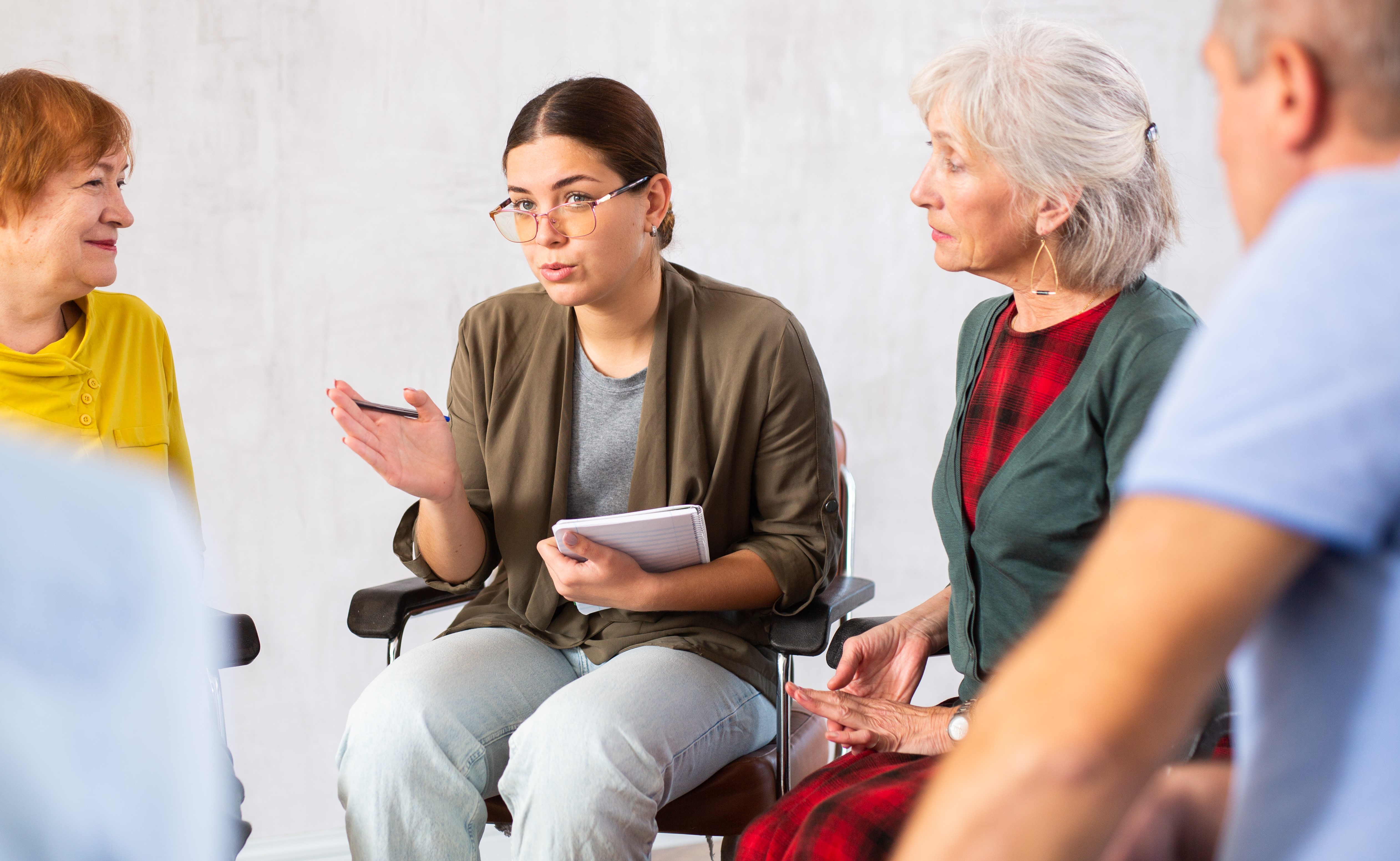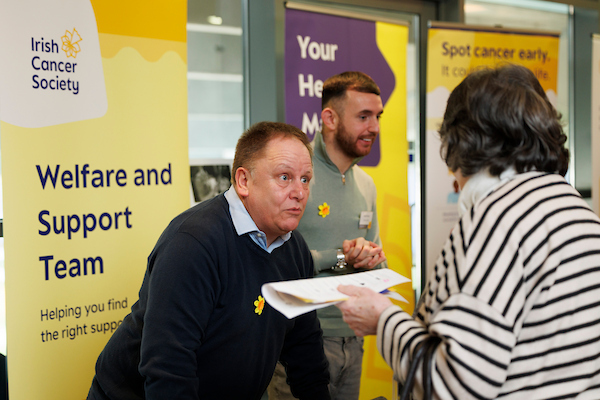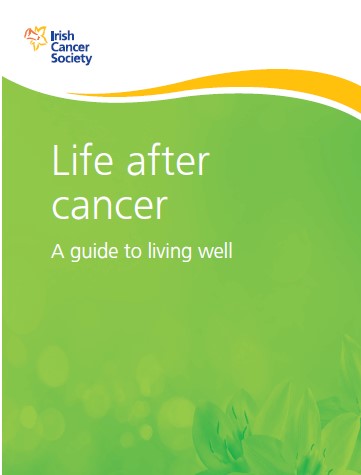Thyroid cancer
After treatment
What follow-up do I need?
After your cancer treatment has ended, you will still need regular appointments with your cancer specialist. This is called follow-up. Follow-up may involve having thyroid surveillance. See below for more on thyroid surveillance.
If you receive radioiodine, you will see your doctor every 3 months. You may need yearly check-ups if the risk of cancer coming back is low, and every 6-12 months if the risk is higher. Your doctor will discuss your follow-up plan with you.
Why follow-up is important
It’s important to go to your follow-up appointments so your doctor can check for signs of the cancer coming back (recurrence) and help with any side-effects that you may have. They can also check for new side-effects that may develop after you have finished treatment. It is best to be aware of these as early as possible so that suitable treatment can be given.
Thyroid cancer surveillance
An important part of your follow-up is called thyroid cancer surveillance. This check-up takes place about 9 months to 1 year after your treatment. You may have some or all of these tests:
- Blood tests, including thyroglobulin
- Ultrasound scan of your neck
- Injection of the hormone Thyrogen®
- A full body scan using radioiodine thyroglobulin
These tests are to check that your thyroid and the hormones in your blood are normal and there is no sign of cancer. Your medical team will explain the tests to you and how they work. If you want more information ask your specialist nurse. You can also talk to one of our cancer nurses by visiting a Daffodil Centre or calling our Support Line on 1800 200 700.
Getting the most from your follow-up
Talking to your doctor
Ask any questions you have, and to let your doctor know if you are having any problems. Tell them about any new symptoms, aches or pains you have, or if you are finding it hard to cope. It can help to write down what you want to say beforehand, so you don’t forget anything.
If you have a problem between appointments
If you are between check-ups and have a symptom or problem that is worrying you, call your specialist nurse for advice or to arrange an earlier outpatient appointment if necessary.
If you become suddenly unwell
If you become suddenly unwell and can’t contact your specialist nurse or hospital team, go to your GP or the emergency department at the hospital.
Make sure you understand your follow-up plan and have a phone number to contact if you have any queries.
Life after treatment
The end of treatment is a time when people often expect to feel relieved, happy and able to get on with life again, but it can take some time to adjust and for your body and mind to recover.
We have information to help you with:
- Side-effects
- Your feelings after treatment
- Living a healthy lifestyle
- Financial and practical matters
LACES after-treatment workshop

Join our Life and Cancer – Enhancing Survivorship (LACES) programme when you have finished treatment or started maintenance therapy.
This workshop covers topics such as diet, exercise, wellbeing, finance and self-management and gives information on support and services to help you.
What if the cancer comes back?
Sometimes cancer does come back, even after successful treatment. Cancer cells may remain in your body and grow again, although your doctors do all they can to prevent this.
If the cancer comes back in the thyroid or somewhere else, you can still have treatment.
You might have more radioiodine therapy, surgery or hormone therapy.
Metastatic thyroid cancer
If the cancer has spread to other parts of your body (metastatic) after treatment, TSH suppression, surgery, external radiotherapy, chemotherapy or biological therapies might also be considered. These biological therapies or targeted therapies may be given as part of a clinical trial. The aim of treatment here is usually to control the cancer rather than cure it.



Talk to a Cancer Nurse

Support Line
Our Daffodil Centres


